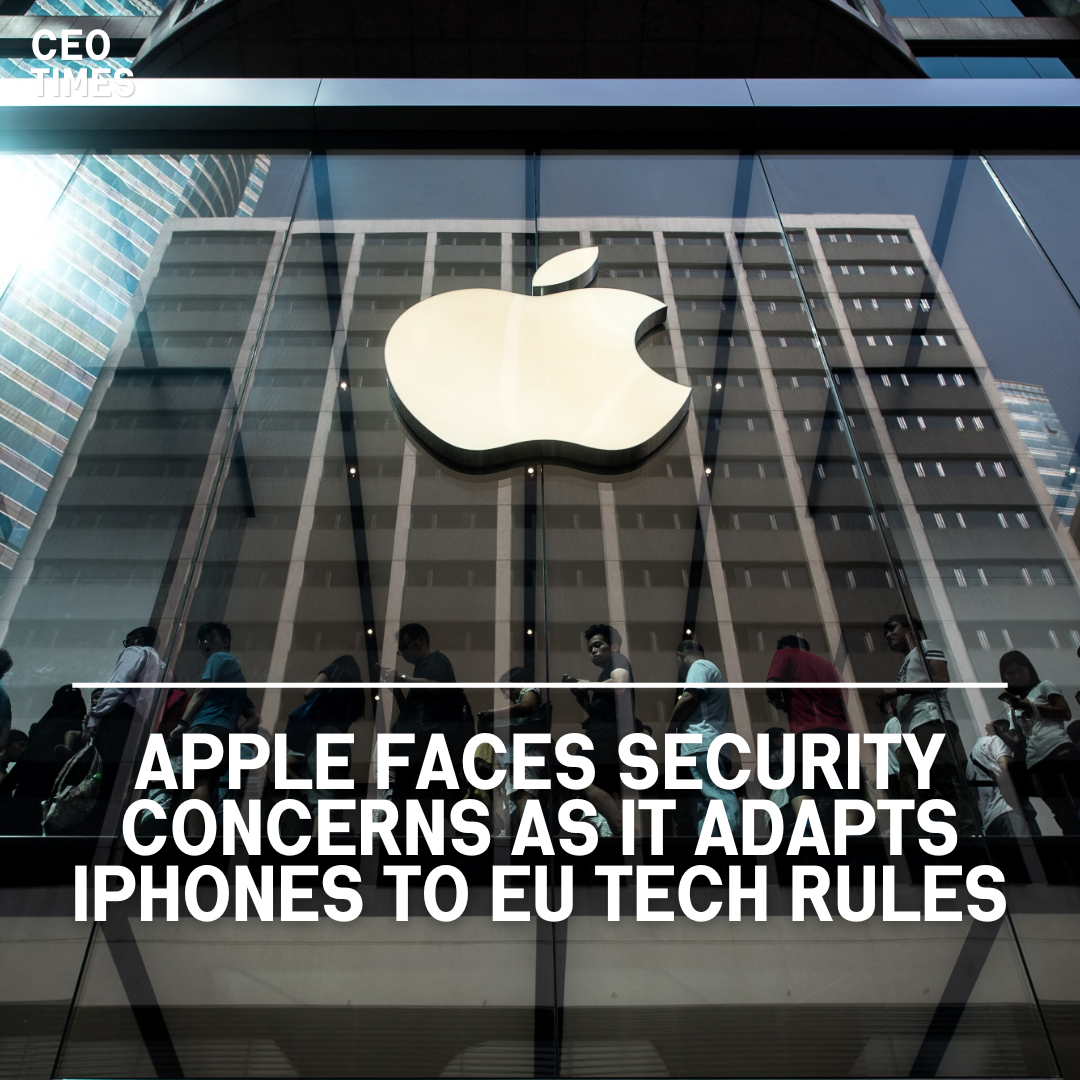Apple has acknowledged concerns raised by several government agencies in the European Union and other regions regarding security risks associated with the company’s decision to open up its iPhones and iPads to rival app stores, in compliance with EU tech regulations, as announced on Friday.
Digital Markets Act Implementation:
Starting March 7, Apple will be mandated under the Digital Markets Act (DMA) to provide alternative app stores on iPhones and permit developers to opt out of utilizing its in-app payment system, which levies fees of up to 30%.
Including “sideloading,” or installing applications without utilizing Apple’s dedicated app store, has raised apprehensions among EU and non-EU government agencies and users. This reform, among others, aims to foster competition and openness in the app market.
Also Read: Tesla Raises Prices of Certain Model Y Vehicles in the United States
Responses from Government Agencies:
According to Apple, several government agencies have expressed concerns, particularly those involved in essential sectors such as defense, banking, and emergency services. They seek assurances regarding their ability to prevent government employees from sideloading apps onto government-purchased iPhones.
Challenges Faced by Government Agencies:
One EU government agency cited resource constraints, indicating a lack of funding and personnel to review and approve device apps. Consequently, it plans to continue relying on Apple and the App Store due to the company’s trusted app vetting process.
Apple did not disclose the exact number of concerned agencies or their respective countries.
Long-standing Industry Criticism:
Firms such as Epic Games, the creator of Fortnite, and Spotify Technology have criticized Apple’s app store commissions and restrictions for hindering their business operations, echoing sentiments shared for years within the tech industry.




















